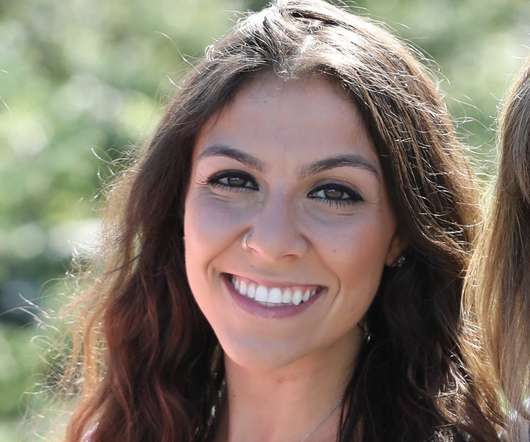Why the DSM Doesn’t Acknowledge Sensory Integration Symptoms
University of Connecticut
JANUARY 2, 2025
Ruth Pearlman, LCSW, LICSW, M.ED Therefore, DSM 5 conditions such as ADHD, PTSD, Tourettes, ASD, ODD, the Anxiety Disorders as well as Schizophrenia and other psychotic disorders, are never understood or treated through the lens of sensory integration. Yet all of the above disorders are, in large part, sensory-based disorders.



















Let's personalize your content